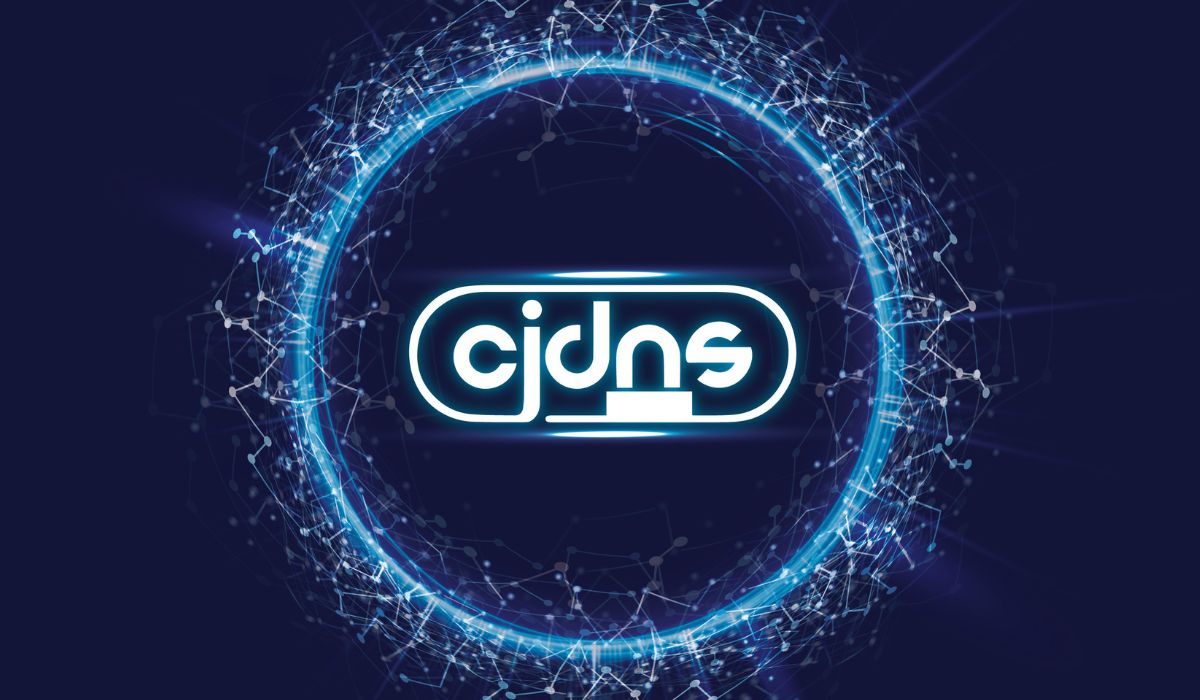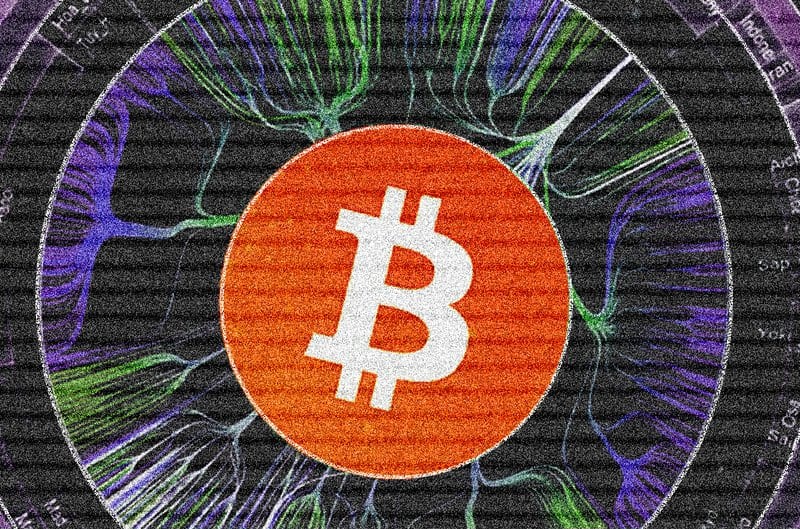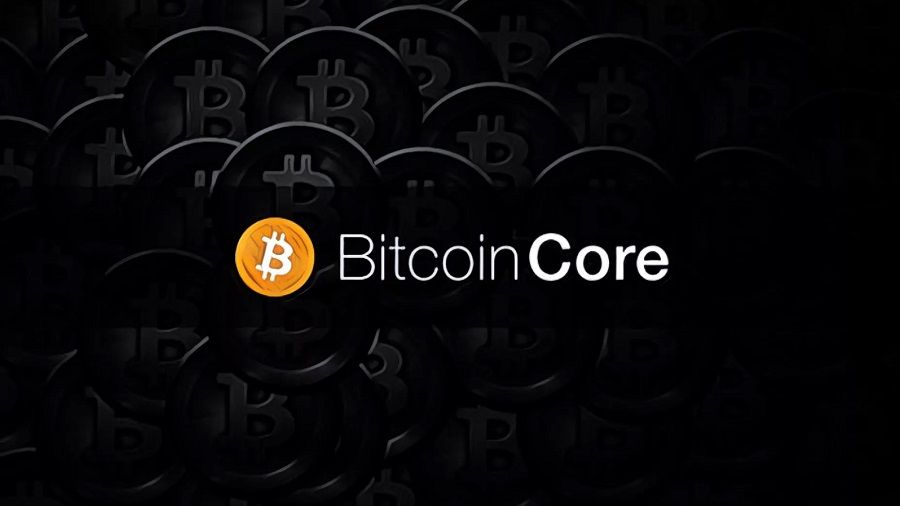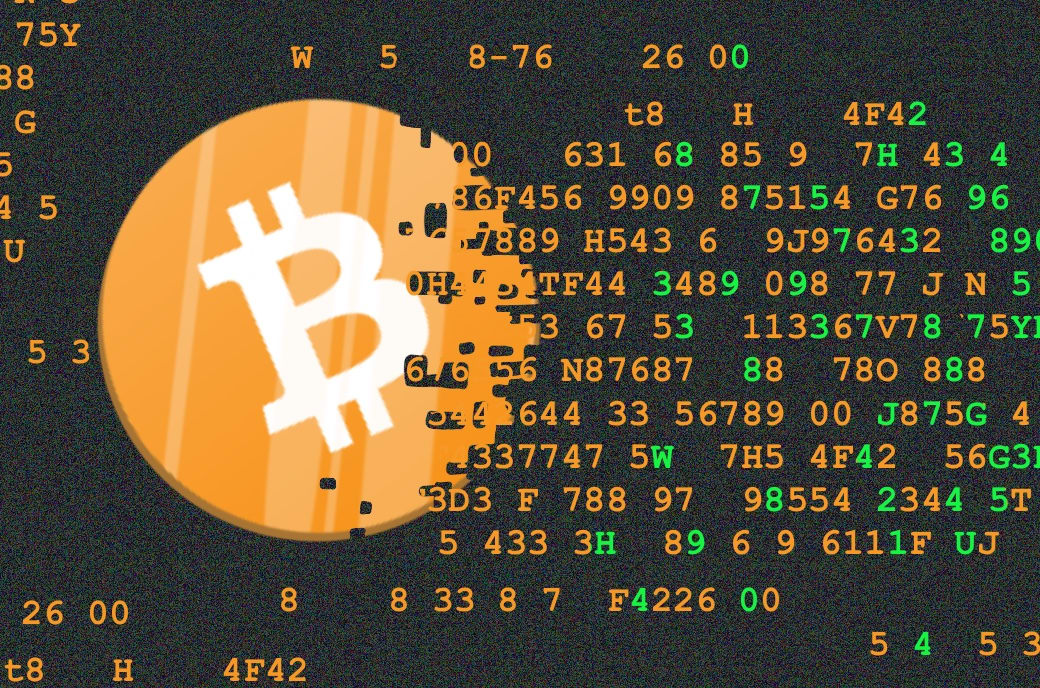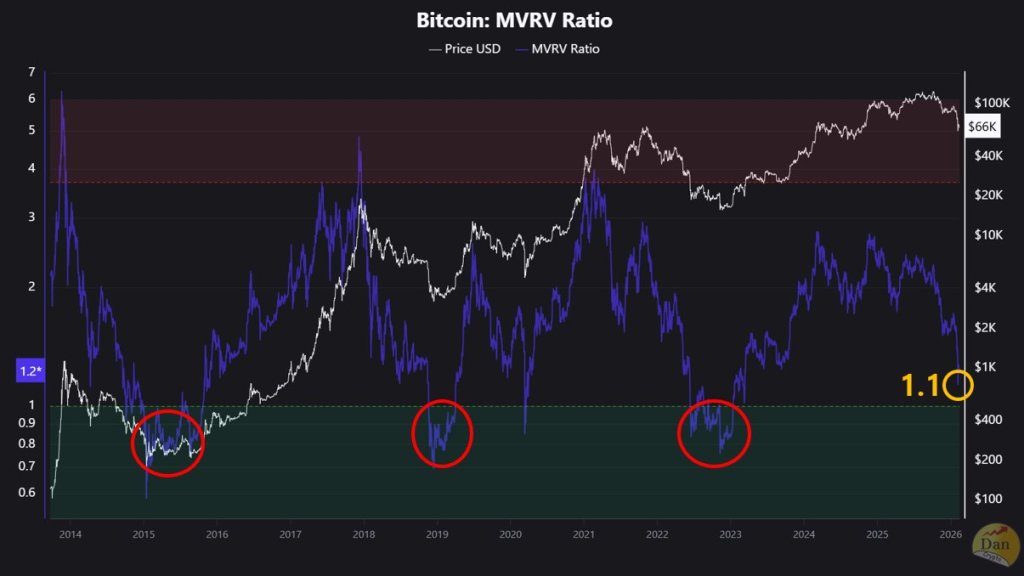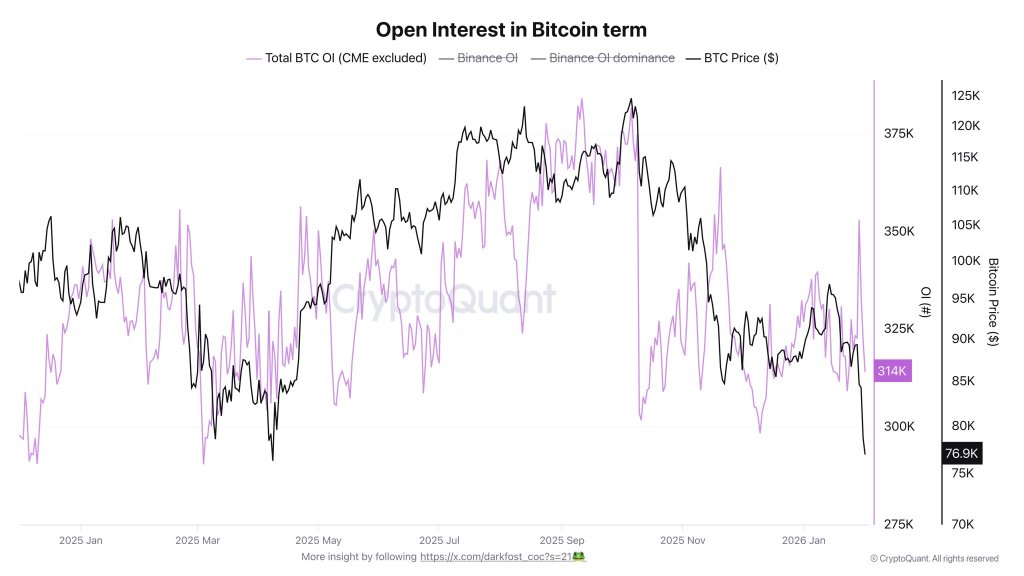2024-4-17 09:20 |
Bitcoin Core has officially launched version 27.0, incorporating an array of enhancements and updates designed to bolster the functionality and security of the Bitcoin network. The update, which can be downloaded from the Bitcoin Core website and GitHub, includes notable changes in network protocols, security measures, and wallet operations.
Bitcoin Core is the fundamental software used to run the Bitcoin network, acting both as a node and a wallet. It represents the reference implementation of the Bitcoin protocol, which is the principal software involved in maintaining and validating the blockchain. Initially created and released by Satoshi Nakamoto in 2009, Bitcoin Core is crucial for the decentralization of Bitcoin, allowing users to independently verify transactions and enforce the network’s rules without centralized control.
Key Features And Changes In Bitcoin Core V27.0Deprecated Features And Future Replacements
The “libbitcoinconsensus” library, a staple for nearly a decade, is now deprecated and slated for removal in version 28. This library’s functionality will not see further updates beyond Taproot, signaling a pivot towards “libbitcoinkernel” which promises a robust API interacting directly with the UTXO set for transaction and block validation.
Enhanced Security Protocols
In a significant update to data handling, the format of the mempool.dat file, which stores unconfirmed transactions, has been changed. The new format, involving the XOR’ing of transaction contents, is designed to prevent alterations by external software like antivirus programs. A fallback option to the old format is available for those needing to downgrade.
Network And P2P Enhancements
The update rolls out BIP324 v2 transport layer by default, enhancing secure connection protocols across the network. This improvement emphasizes the need for precise system time settings by node operators to maintain consensus integrity, as network-adjusted time has been removed from the consensus code.
Mempool Policy Innovations
The introduction of Topologically Restricted Until Confirmation (TRUC) transactions marks a pivotal change. This new policy, applicable only on test networks currently, aims to improve the incentive structure around transaction replacements and fee-bumping reliability by applying constraints on the spending of unconfirmed outputs.
RPC And External Signing Updates
Adjustments have been made to the “addnode” RPC to align with the new “-v2transport” default setting. Meanwhile, support for external signing on Windows systems has been temporarily suspended due to dependencies on an outdated library, with plans for re-enabling once an alternative is integrated.
Development And Wallet Optimization
The building process now requires a C++20 capable compiler, reflecting the project’s commitment to staying current with modern programming standards. Wallet enhancements include the implementation of the CoinGrinder algorithm to optimize transaction cost efficiency at higher fee rates and adjustments to the Branch And Bound algorithm to accommodate specific transaction fee strategies.
Users are advised to upgrade by shutting down any older version currently running, followed by installing the new release. This process varies slightly across different operating systems but remains straightforward. Compatibility extends to systems running Linux Kernel 3.17+, macOS 11.0+, and Windows 7 or newer.
The release of Bitcoin Core 27.0 is poised to significantly influence the operational dynamics of BTC’s underlying infrastructure. With enhancements focused on security, efficiency, and robust transaction handling, this version aims to solidify the network’s resilience against evolving threats and scalability challenges.
At press time, BTC traded at $63,989.
origin »Bitcoin price in Telegram @btc_price_every_hour
Bitcoin (BTC) на Currencies.ru
|
|



